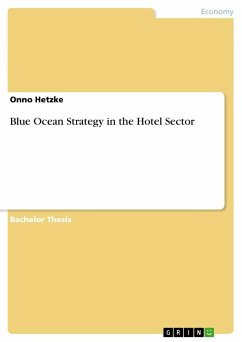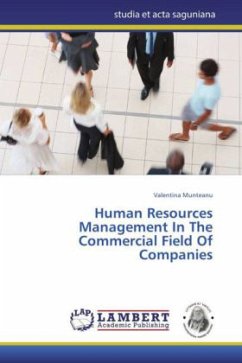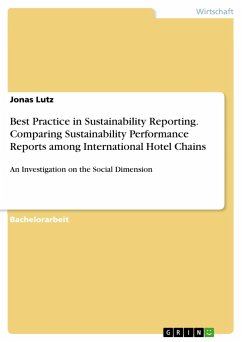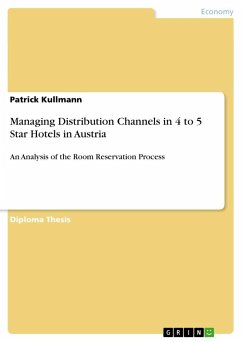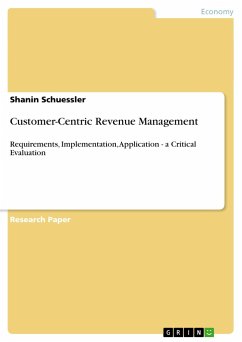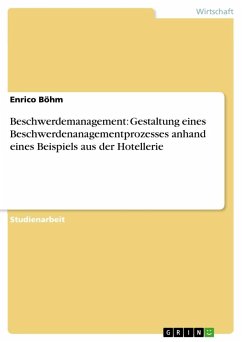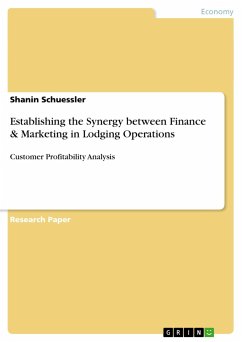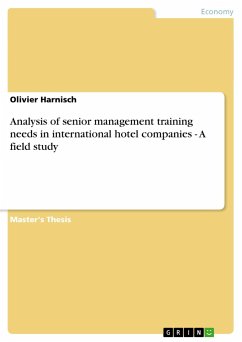
Analysis of senior management training needs in international hotel companies - A field study
Versandkostenfrei!
Versandfertig in 1-2 Wochen
27,95 €
inkl. MwSt.

PAYBACK Punkte
0 °P sammeln!
Master's Thesis from the year 2007 in the subject Tourism - Hotel Industry / Catering, grade: "-", London Metropolitan University (Birkbeck College), course: MSc in Organisational Bahaviour, language: English, abstract: A thorough analysis of training needs is an important component of any systematic trainingstrategy. International hotel companies face substantial challenges in terms of humanresources development. This situation may lead the assumption that they would thereforeapply particular care in the planning, design, implementation and evaluation of their trainingactivities. This study's...
Master's Thesis from the year 2007 in the subject Tourism - Hotel Industry / Catering, grade: "-", London Metropolitan University (Birkbeck College), course: MSc in Organisational Bahaviour, language: English, abstract: A thorough analysis of training needs is an important component of any systematic trainingstrategy. International hotel companies face substantial challenges in terms of humanresources development. This situation may lead the assumption that they would thereforeapply particular care in the planning, design, implementation and evaluation of their trainingactivities. This study's objectives were to explore whether large hotel companies sufficientlyconsider organizational, task and person aspects when analyzing their senior management'straining needs, and on the other hand, to investigate how systematically they apply thetraining cycle. The 15 largest international hotel organizations were selected to participate inthis qualitative study in which relevant questions were asked to one senior Human ResourcesExecutive of each company via a semi-structured telephone interview. Answers from elevenorganizations were obtained. The responses suggest that structured and exhaustive approachesto training needs analysis are the exception rather than the norm. All companies do in someway assess existing training needs. However except for one company, none comprehensivelyconsiders all three areas of training needs. The general focus seems to be on persons' needs,and to a lesser degree on the organization's needs and current industry trends. There is a clearpreference to rely on performance reviews and individual assessment centre results. Thesetwo sources were mentioned by a large majority of respondents. Less often, overall companyresults in terms of finances, quality and sometimes other balance score card criteria provide animpetus for training activities. This suggests that organizational needs are taken into account.Very little attention seems to be paid to current job requirements, although most respondentsclaim taking future job requirements into account for training purposes. This seemscontradictory, but may be explained by the rapid rate of change the industry is exposed to.Overall, the answers suggest that in general, training planning in large hotel organizations isless structured than the academic literature overwhelmingly recommends. While the majorityof the organizations interviewed set general, company wide training objectives, only abouthalf of them also set individual development goals for their managers. This appears to beinconsistent with the hotel industry's apparent focus on the person level in training needsanalysis.




